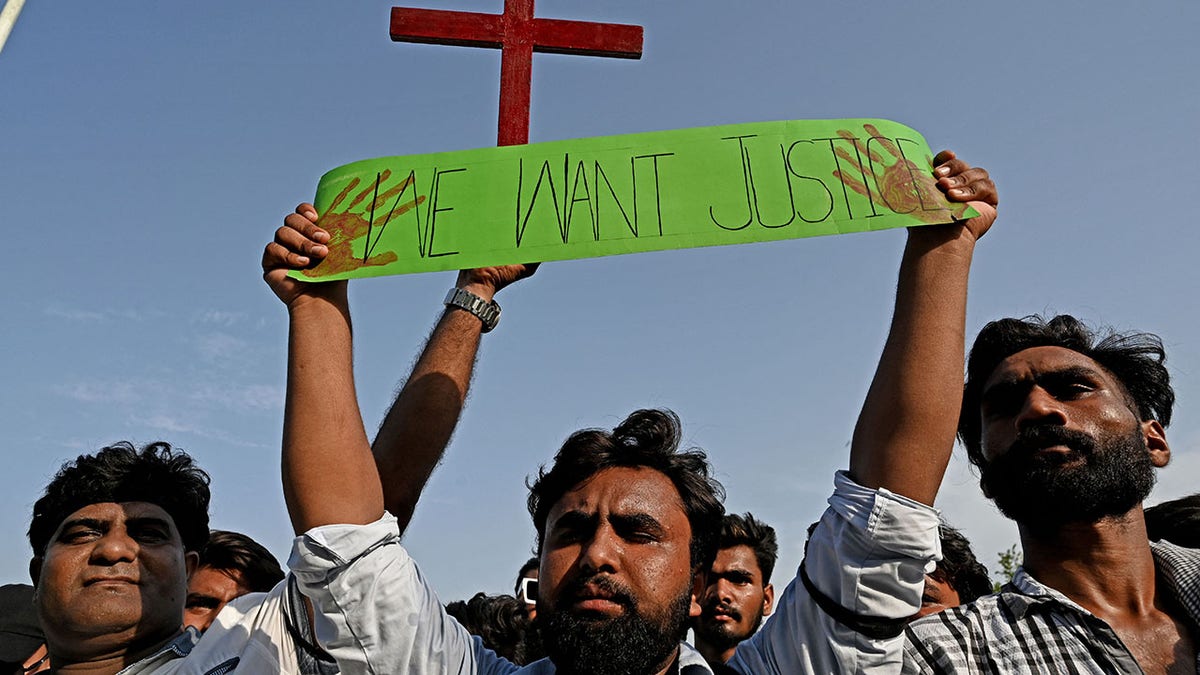The Bahá’í Faith, emerging in the mid-19th century from the embers of a diverse spiritual landscape in Persia, has faced relentless persecution, particularly in Iran, its birthplace. The plight of Bahá’ís often raises a pressing question: Why do oppressive regimes continue to target individuals posthumously? This inquiry delves into the complexities surrounding the Iranian campaign against Bahá’ís, exposing the profound repercussions of religious intolerance and state-sanctioned discrimination.
To understand this phenomenon, one must first explore the historical context of the Bahá’í Faith. Founded by Bahá’u’lláh, the faith emphasizes the oneness of humanity and the unity of all religions, promoting essential teachings such as justice, equality, and love. Despite these universal principles, the Bahá’í community has consistently encountered hostility in Iran, where the ruling establishment views it as a thread to its authority.
The opposition faced by Bahá’ís in Iran has historical roots intertwining with socio-political dynamics. After Bahá’u’lláh’s declaration of his mission, he and his followers encountered swift and often brutal repression. Subsequent waves of persecution, fueled by misconceptions and fear, have involved executions, imprisonment, and myriad human rights violations. This long-standing animosity reveals the struggle of a faith that dares to espouse ideals contrary to an entrenched ideological governance.
One of the most insidious aspects of this campaign has been the treatment of deceased Bahá’ís. In Iran, where religious identity is inextricably linked with national allegiance, the government’s repressive measures have extended to the posthumous. Bahá’í cemeteries have been desecrated, and remains exhumed, as part of an effort to erase the community’s presence. The act of violating the sanctity of graves raises a critical question: Why go to such lengths to silence even the dead?
This campaign serves multiple objectives. Firstly, it seeks to reinforce the narrative that Bahá’ism is a threat to Islamic orthodoxy. The Iranian regime’s strategy of delegitimizing the faith extends beyond mere physical violence; it is also a war on memory and legacy. By obliterating burial sites and memorials, the state attempts to erase historical context and continuity of the Bahá’í community. In this way, the living are stripped of their heritage, while the dead are subjected to a second layer of assault.
Secondly, this campaign can be viewed through the lens of psychological warfare. By disturbing the resting places of Bahá’ís, the regime sends a chilling message to both current believers and potential followers. This act of desecration serves as an oppressive reminder that allegiance to the Bahá’í Faith can and will lead to hardship and persecution, even beyond the grave. The oppressive state machinery utilizes these tactics to instill fear and despair among the faithful, aiming to stifle any potential growth or revival of the community.
While this persistent persecution of Bahá’ís raises moral and ethical questions, it also unveils broader societal challenges. Histories of violence and intolerance are often cyclical; they perpetuate animosity across generations. The state-sponsored campaign against Bahá’ís reflects a deeper malaise within Iranian society—one where fear reigns supreme, and dissent is met with unrelenting force. How might the international community catalyze change in such ingrained systems of oppression? This poses another layer of complexity in addressing the issue of religious persecution.
Moreover, the Bahá’í community’s response to persecution presents a striking counter-narrative. Rather than succumbing to despair, followers have demonstrated resilience and a commitment to non-violence. Their ongoing efforts to promote peace, justice, and inclusivity serve as a beacon for other marginalized groups. The remarkable strength exhibited by Bahá’ís, even amidst tremendous adversity, challenges societal norms about victimhood and demonstrates the power of faith in the face of oppression.
In practical terms, the plight of the Bahá’ís in Iran necessitates robust advocacy. Grassroots organizations and international entities need to amplify their voices to draw attention to these human rights violations. Engaging in diplomatic channels, lobbying governments, and fostering awareness through educational initiatives are crucial steps in mobilizing global support for the Bahá’í cause. Such actions not only serve to protect Bahá’ís but also contribute to the broader fight for religious freedom and human rights.
As the world becomes increasingly interconnected, the challenge of addressing religious persecution becomes even more pressing. The situation facing the Bahá’ís in Iran serves as a microcosm for understanding larger trends of intolerance and state oppression globally. It prompts us to ponder: How can diverse faith communities come together to advocate for one another, creating a tapestry of solidarity against discrimination? As we reflect on the enduring legacy of Bahá’í teachings, let us remain vigilant and proactive, ensuring that no group, living or deceased, endures the indignity of erasure.
Ultimately, the tragic narrative of the Bahá’í community in Iran—a story punctuated by persecution, resilience, and aspiration—invites us to reconsider our own roles within the tapestry of humanity. By promoting justice and advocating for the rights of individuals, we can move towards a future where every person, regardless of belief, can live and die with dignity, recognition, and respect.
